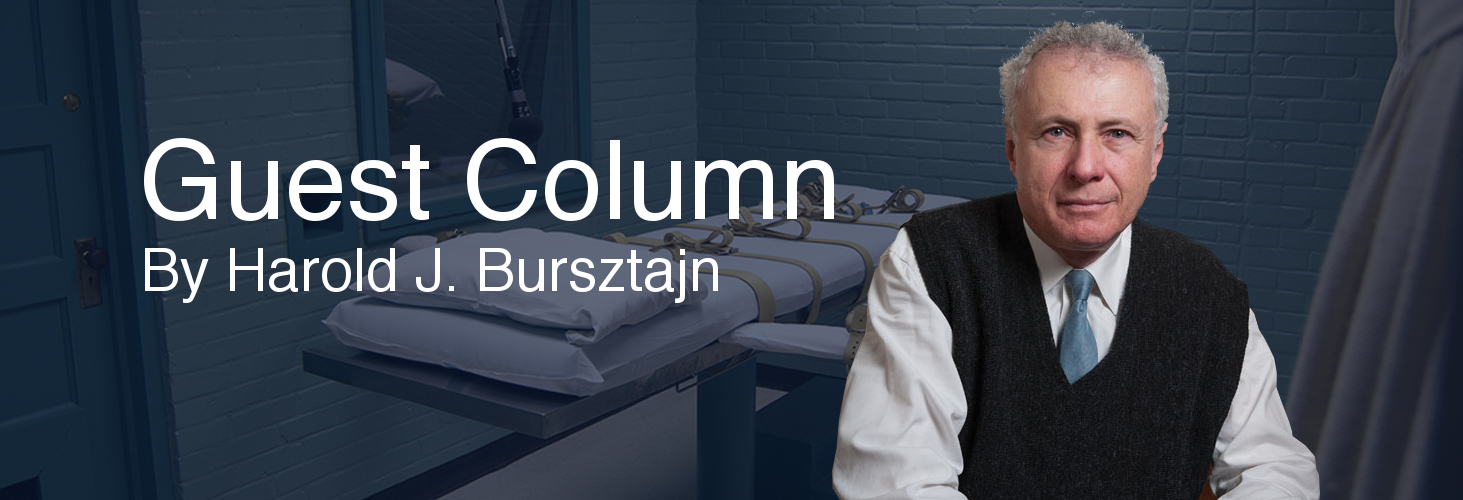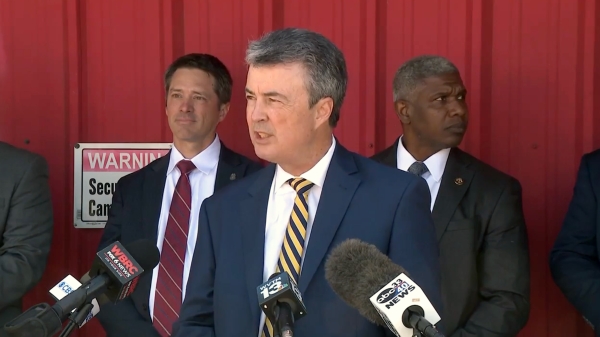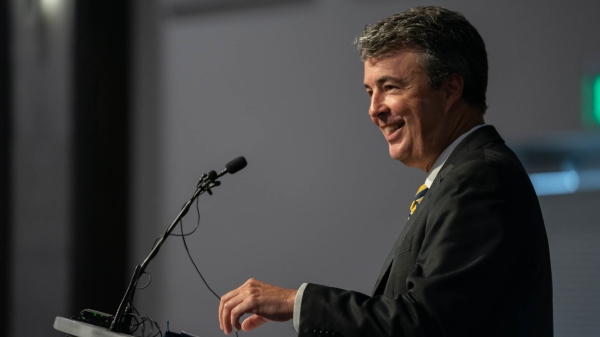Dr. Harold J. Bursztajn, M.D.
Harvard Medical School
The “Houdini” of Alabama’s Death Row, Tommy Arthur, a convicted murder, 75 years of age, was just executed after escaping execution on the seven previous occasions that he was scheduled to die. Even now, questions linger about the about the fairness of the process. Death is never fair. Yet, the process by which an individual is judged to be deserving of the Death Penalty needs to be.
The notion that there is a fair process governing the decisions and process of judging any individual is mirrored in a recent US Supreme Court case. Thus Alabama will soon again be in the death penalty spotlight as the Supreme Court of the United States makes its decision regarding another convicted murderer currently on Death Row.
In McWilliams v. Dunn, the US Supreme Court heard an argument by the state of Alabama that raised the question of whether it is possible for one psychiatrist to be the single forensic mental health expert to assist both the prosecution and the defense in the same capital-sentencing case. The attorneys debated, and the justices discussed, the meaning of the Court’s decision in 1985 in Ake vs. Oklahoma.
That decision held that, in cases in which the defendant’s mental state is at issue, to be fair the state “must, at a minimum, assure the defendant access to a competent psychiatrist who will conduct an appropriate examination and assist in evaluation, preparation and presentation of the defense.” But can that psychiatrist be the same one as the one who assists the prosecution when the choice is between life and death and mistrust crescendos?
I have been retained to provide assistance during the penalty phase of capital litigation, in some cases by the prosecution and in others by the defense. Although I strive for honesty and objectivity in evaluation, I cannot imagine being able to provide expert assistance to both the prosecution and the defense in the same case. Nor do I know any colleagues who would claim to be able to do so.
When forensic psychiatric experts testify, we are not, and should not appear to be, judges or juries deciding a case. Rather, we testify as to how a clinical and forensic understanding of an individual’s mental, emotional, or behavioral disorders and impairments may help to inform those who are tasked with deciding the case. When a psychiatrist is asked to assist both sides in the same case, the psychiatrist’s ostensibly unbiased opinion may inadvertently be elevated to the status of a finding of fact, thereby blurring the boundary between an expert’s function and that properly reserved for the judge or jury.
The same principle applies throughout the process of evaluation. What makes mental health evaluations especially challenging is the complexity involved in the assessment of mental impairment. Malingering, misattribution, and shame- or fear-motivated minimization of impairment need to be ruled out. The process of psychiatric evaluation involves conversation and exploration with the attorney and the defendant, neither of whom is likely to trust a psychiatrist who is seen to have dual loyalties. Although the goals and methods of a forensic psychiatric examination are invariably different from those of treatment—a matter of striving for objectivity rather than relief of suffering—this magnification of mistrust is familiar to any clinician who, for example, has ever tried to treat each member of a divorcing couple individually, only to find soon enough that neither trusts the clinician.
In death penalty cases, where the stakes are life and death, mistrust is at its highest in our adversarial system of justice. It is paradoxical, yet in my experience often observed, that simply informing the defendant that one has been retained by the prosecution is as likely to increase trust, and with it the validity of the examination, as informing the defendant that one has been retained by their defense attorney. To the extent reducing mistrust in the fairness of the process is a social value, and matters especially to the objectivity and validity of forensic psychiatric examinations, appointing a single forensic mental health expert is especially inappropriate in death penalty evaluations.
The difficulties in seeking to assist both sides in the same case are as insurmountable during pretrial consultation as they are at trial. How can an attorney who wishes to protect the confidentiality of a forensic mental health consultation, not to mention that of his own legal strategy, trust an expert who is also assisting the opposing attorney? Without a confidential, interactive, ongoing conversation and exploration between attorney and expert as discovery unfolds, the expert cannot effectively help dispel the biases evoked by mental illness, in the aftermath of horrific acts such as to see the perpetrators as simply and invariably either “mad” or “bad.”
What thus is at stake is the fundamental principle of fairness—to both prosecution and defense— in the application of the law during the capital-sentencing phase. Even when a single forensic psychiatric expert attempting to assist both sides strives in good faith for objectivity, that is no substitute for real objectivity. Authentic objectivity requires a fair process, especially when life and death are at stake and mistrust rules.
Harold J. Bursztajn, M.D., is Associate Professor of Psychiatry (Part-time) and Co-founder of the Program in Psychiatry and the Law at Harvard Medical School. He has testified as a forensic psychiatric expert in capital-sentencing litigation when retained either by prosecution or defense attorneys.




















































